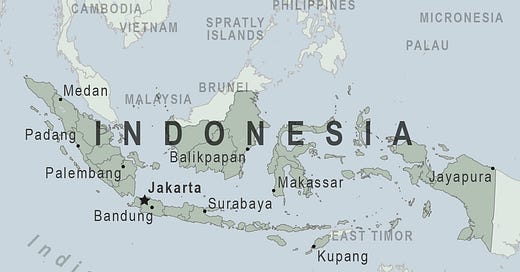Through the week ending June 8, the Indonesia Ministry of Health has reported 131,501 total dengue cases, which is higher than the case total for all of 2023 (114,720).
The districts and cities with the most cases include Bandung City (4,446), Tangerang District (3,105), Depok City (2,690), West Jakarta (2,536), East Jakarta (2,329), and Malang District (2,255).
In addition, 799 deaths have been recorded to date. In all of 2023, Indonesia saw 894 fatalities.
The Health Ministry claimed that most of the cases recorded nationwide have been caused by dengue virus serotype-2 (DEN-2) and serotype-4 (DEN-4).
Subscribe to Outbreak News TV on YouTube
The Health Ministry blames the spike in dengue cases this year on an El Niño-induced warmer rainy season, which has allowed mosquitoes to grow faster and live longer, causing the disease to spread faster and further. A ministry official even made a grim prediction that the outbreak will not peak until the transition from the rainy to dry season is over.
Improved disease surveillance and public health infrastructure are among the important answers to the dengue outbreak.
Dengue is a disease caused by a virus spread through mosquito bites. The disease can take up to 2 weeks to develop with illness generally lasting less than a week.
Symptoms from dengue include fever, headache, nausea, vomiting, rash, muscle and joint pain, and minor bleeding.
Dengue can become severe within a few hours. Severe dengue is a medical emergency, usually requiring hospitalization.
In severe cases, health effects can include hemorrhage (uncontrolled bleeding), shock (seriously low blood pressure), organ failure, and death.





